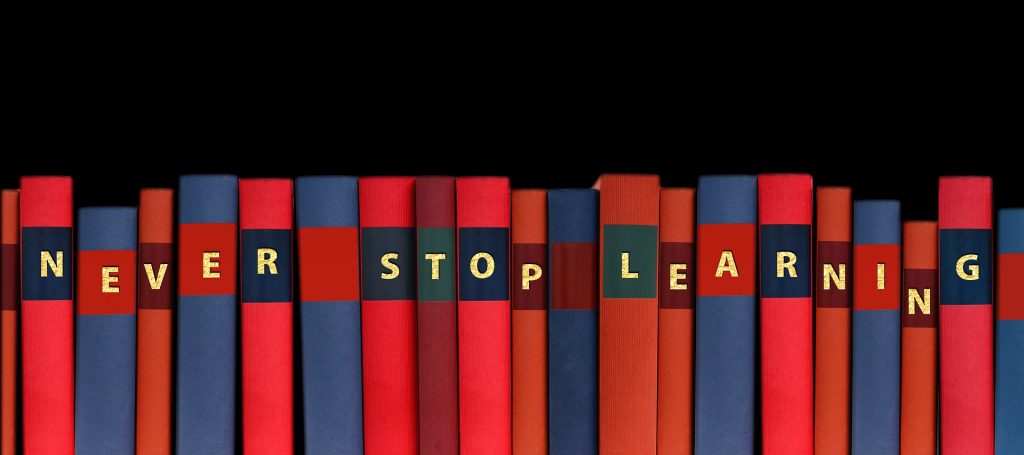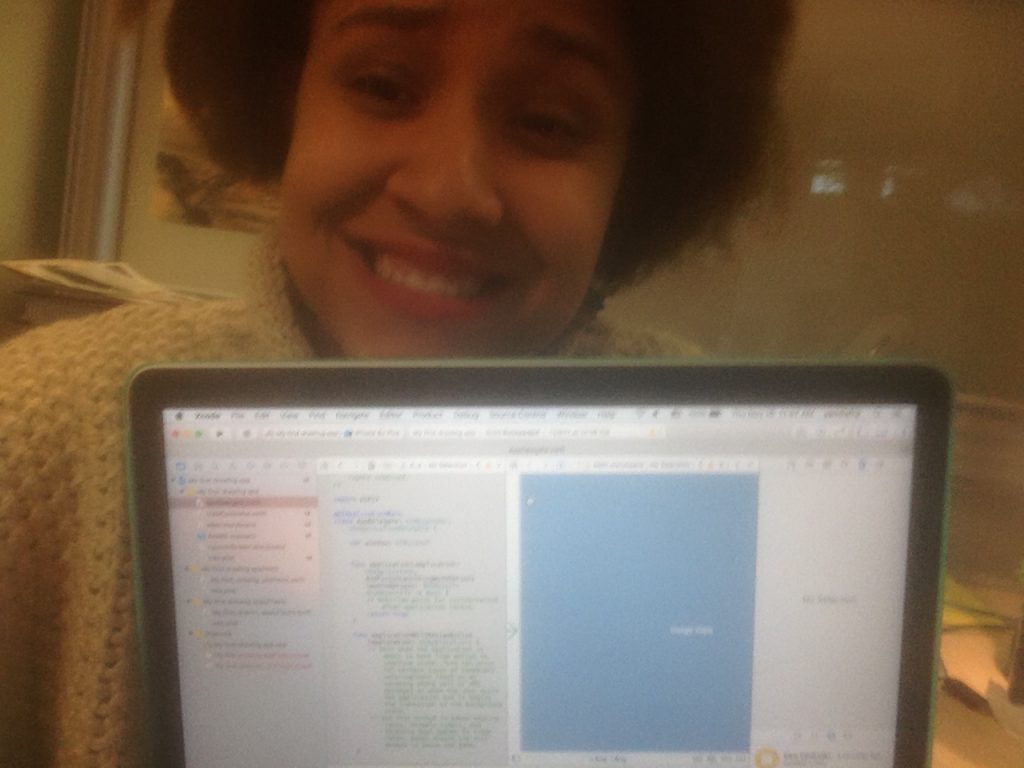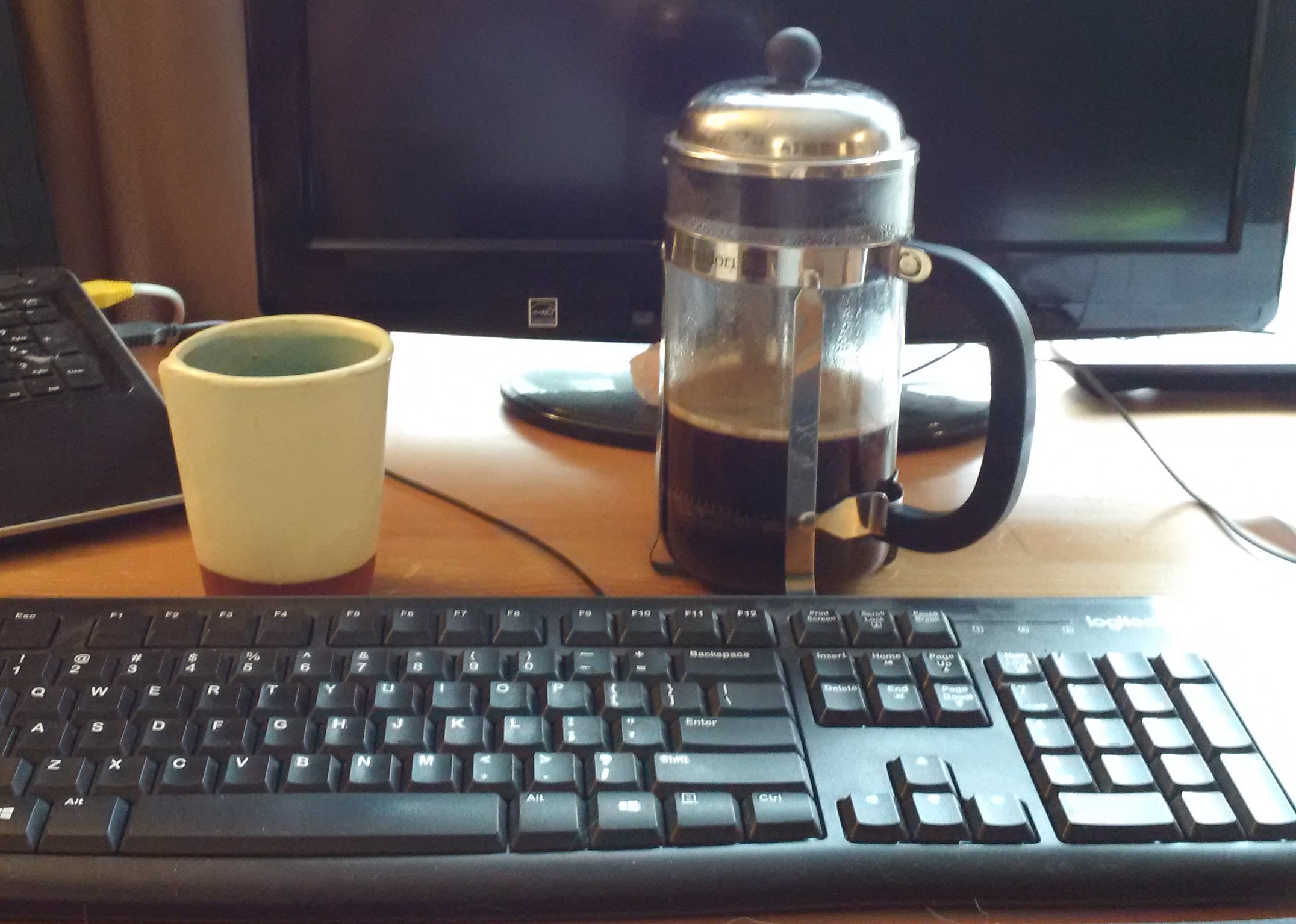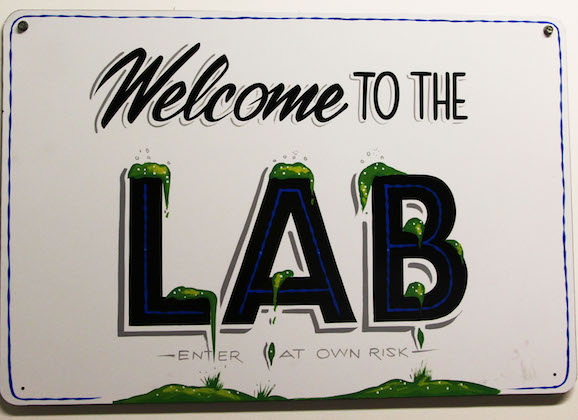What I have Learned About Online Education
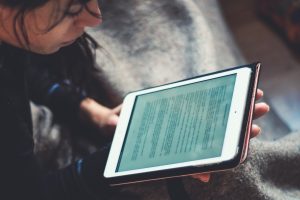 Before I started taking my first online course at UVic – EDCI 339, Distributed and Open Learning – I was not aware of the amazing learning opportunities that were available online. I had mixed feelings and concerns. Was I going to learn the same or more than in my usual class setting? Was I going to forget to check the course? How will I be graded? How about exams?
Before I started taking my first online course at UVic – EDCI 339, Distributed and Open Learning – I was not aware of the amazing learning opportunities that were available online. I had mixed feelings and concerns. Was I going to learn the same or more than in my usual class setting? Was I going to forget to check the course? How will I be graded? How about exams?
Our first assignment was an introductory video online and soon we had online discussions, video lectures, audio recordings and lots of interesting readings to do. So far this has been one of my favourite courses in my whole undergraduate journey because it is teaching me how I can have more control of my learning experience and what resources are available for everyone.
Here are the top 3 things I have learned so far:
1. Open learning refers to education that can be accessed anywhere, anytime and by anyone.
One of the first things we discussed was the definition of open learning. The concept of open learning is becoming more popular thanks to the new advances in technology and research in education.
There is the argument that everyone is different. Individuals have different needs and the same teaching strategy will not work for every student. That is where open learning comes in.
Students can adapt courses so they can study at their preferred time of the day, at their own pace and even access flexible and free educational resources like other online courses for supporting information. A lot of this relies on combining our understanding of the new technologies and the web for our personal growth.
2. Massive open online courses (MOOCs) exist
MOOCs are free online courses taught by different companies like Microsoft, or institutions like McGill University! The courses might change throughout the year and new ones are constantly added. Some will only be taught once and some will be repeated several times of the year.
MOOCs can be so amazing because, since anyone is allowed to enrol, they can reach out anyone with an internet connection around the world. People can develop digital skills, connect with other students and learn. Sometimes the course materials are still available after the course has ended and while you won’t be able to engage with other students, you can still do the readings and watch lectures.
I recently enrolled in a MOOC to learn Swift 2, a computer programming language. I have not taken a university Computer Science course before and this can help me explore the field and my interests aside from Biology.
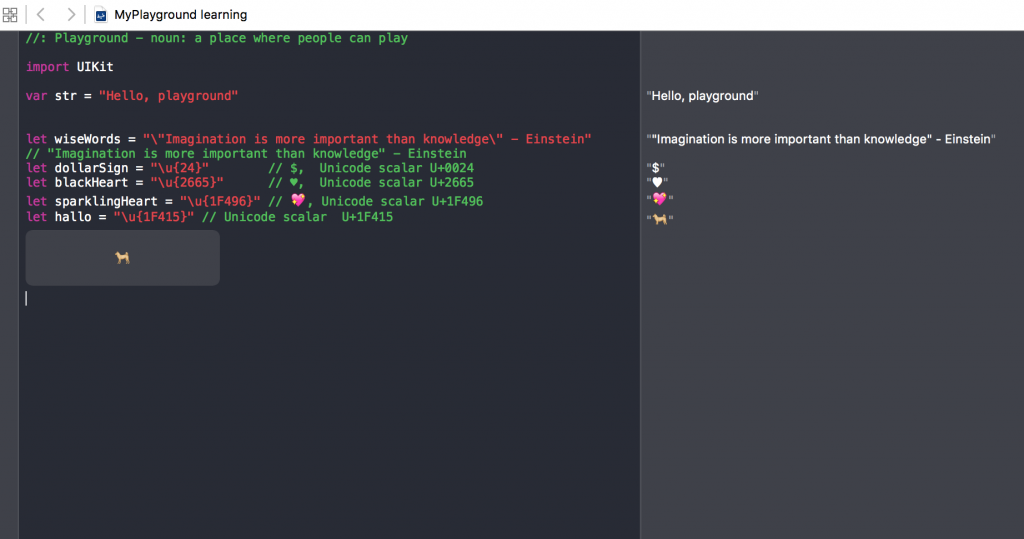
But I can type in simple things! My code is on the left side and on the right is how it looks after being compiled(read) by the program
MOOCs are not the most popular online resource yet. Try searching online for MOOCs and see which ones you can find. I think people will realize how valuable they can be in education. As long as a person has access to the internet then it means that their education does not has to end after high school, limited by money or even by age. Anyone can learn.
If you would like to access some MOOCs check out these websites:
3. We already use open educational resources (OERs)
Do you watch online videos, listen to talks from TEDx or follow lessons from an online tutor? If you are not paying for them then you are using OERs.
Every student I have met at UVic uses some form of online resource for supporting their education. Being aware of these sources gave me the knowledge to be more selective and specific when choosing my sources.
I researched the apps in different fields and, instead of choosing the first choice in the app store, I chose based on my preferences. Being aware and knowledgeable gives us the power to make the most out of our education.
How can we take advantage of this?
There are many free online resources from applications to webpages and they can be easily accessed. The courses tend to be flexible, meaning you can access them anywhere and anytime so if you are working or can’t leave your house these can work as well.
Some examples include Khan Academy for learning different subjects like math, sciences and even economics! Another website I like is Codeacademy, where you can learn about web development, programming and more.
If you are interested in learning more about coding and software engineering you can learn with Swift Playgrounds. I am not saying you should drop out of university, though; online education is also challenging. My main message (again) is that…
Education does not has to end after high school, limited by money or even by age. The opportunity is there.

